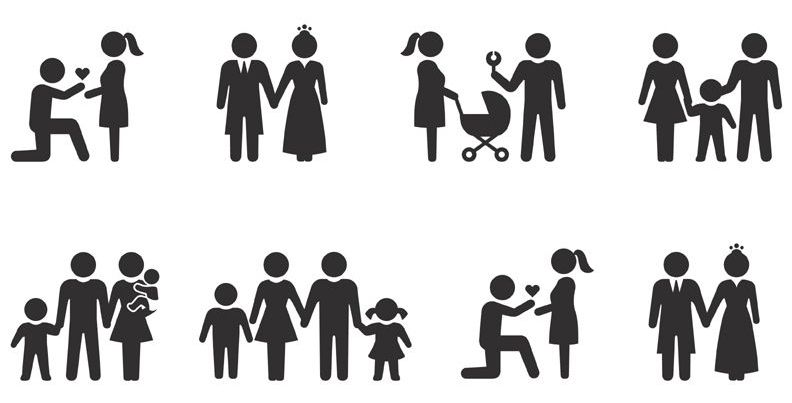Rejuvenation challenges the status quo, but that’s only good.
One of the reasons why the idea of rejuvenating people isn’t all that easy to sell is that it challenges the status quo. For good or bad, we’re used to the fact that our health goes south on us as time goes by, ultimately killing us if nothing else does.
That’s not a nice certainty to have, but our species is one of planners; we tend to prefer bad certainties to uncertainty. For example, some people want to be certain that, at some point, they won’t be fit for work anymore and will need to retire; they prefer this over the uncertainty of not knowing how they’d make a living at age 150.
That’s not the only reason. Radical change requires radical rethinking of anything affected by the change itself; as rejuvenation would affect our social contracts, the job market, future planning, our idea of life milestones, of family, what it means to be old, and many other things, it would take a lot of rethinking—which is something humanity generally does only grudgingly and on its own sweet time.
